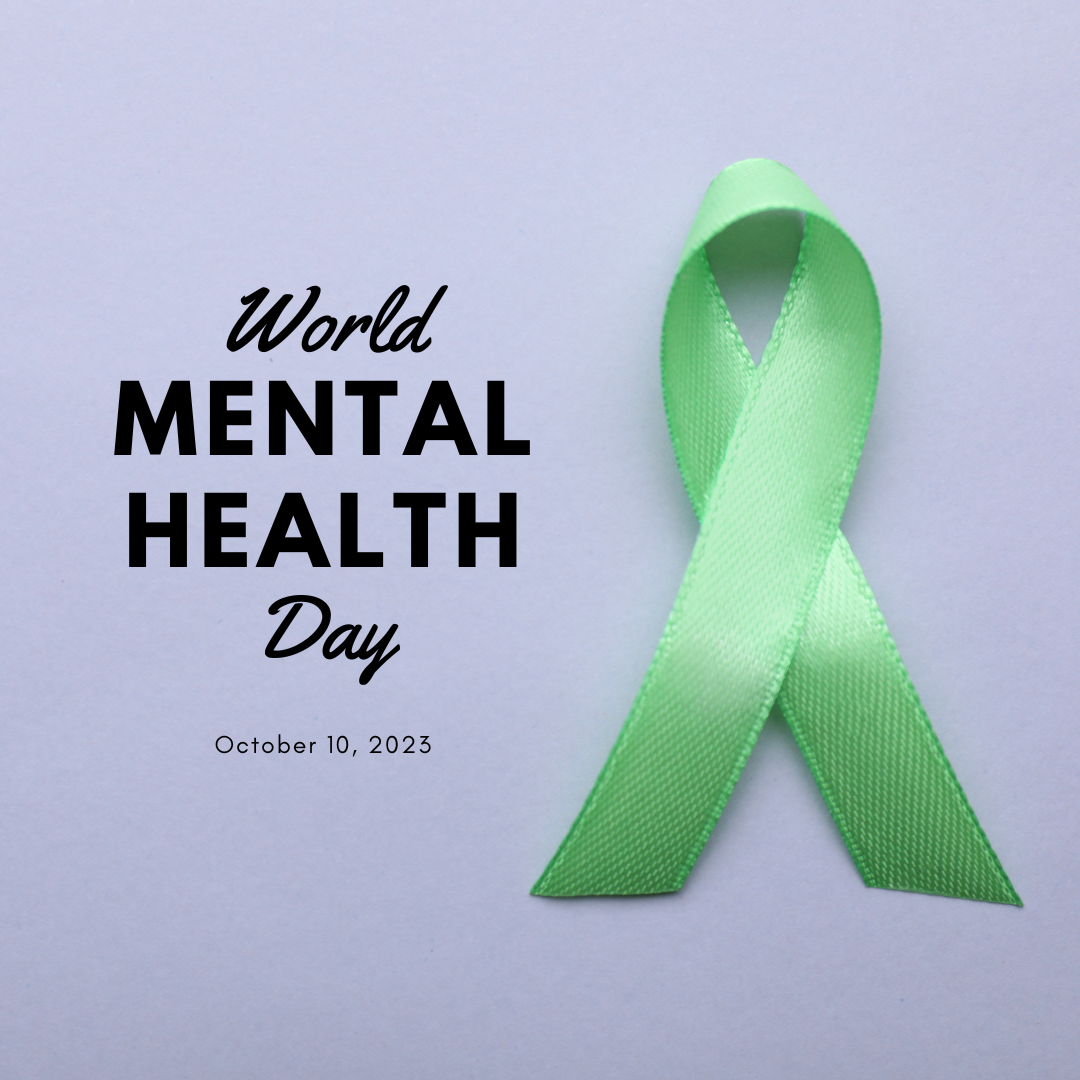October 10 is World Mental Health Day, and it’s a day of opportunity for your team. As we look for ways to make the energy industry more future-looking and sustainable, it’s essential to consider how we support our greatest resource: our people.
It’s clear – and the research supports – that there is a link between individuals’ sense of well-being and their workplace environment. For instance, 39% of employees say their work environment has had a negative effect on their mental health, and that negativity can spread to the “bottom line” of the business by impacting performance. They may struggle feeling supported: only 49% say they received a positive response when talking about mental health at work or seeking support for it. Unsurprisingly, 81% of employees also say that companies’ support for mental health is an important factor in deciding whether to accept (or remain in) a job.
Before creating solutions, it’s important first to understand what the greatest challenges and sources of stress are. Research from the American Psychological Association uncovered a few key issues, including:
- 71% of workers say they are worried their pay has not kept up with inflation.
- 60% of workers who are aware that their workplaces track them in some way say they feel stressed or tense during the workday, while 51% say they are uncomfortable with how tracking is used.
- 18% of employees explicitly describe their workplaces as toxic, and 30% say they have experienced some kind of harassment at work.
It’s also worth noting that the energy sector has other unique sources of stress. For instance, 91% of energy workers are concerned about climate change. This can be a major source of stress and worry, and it’s something companies need to address. Companies must address multi-faceted mental health concerns on multiple fronts, from tangible policies like expanded health insurance to more nebulous elements like addressing cultural, structural, and DEI-related questions and solutions.
For an interconnected approach, the U.S. Surgeon General recommends a five-part “Framework for Workplace Mental Health and Well‑Being” centered on five key elements (protection from harm; connection and community; work-life harmony; mattering at work; and opportunity for growth) that tie back to a core idea of “worker voice and equity.” This reflects the results of several other surveys, which indicate that solutions for supporting mental health at work include flexible and remote work options, true respect for time off, action taken on discrimination and toxicity, and improvements in connection and communication. Of course, not all of these options are feasible for all companies or all roles; the important thing is demonstrating to employees that your company is invested in solutions that address their needs.
In recent times, the positive effects of investing in mental health and well-being are growing in significance, including the positive impact on the bottom line. 71% of employers agreed that they can clearly see ROI from their investments in this area – an enormous increase, compared to just 23% who said the same in a pre-pandemic survey. From a practical standpoint, it makes sense: healthy, happy, less-stressed employees are more likely to be productive and less likely to leave for other opportunities.
At Extract Talent, we believe that building the energy sector of tomorrow starts with supporting and developing your talent today. Let’s use World Mental Health Day as an opportunity to reconsider and re-strategize so we can provide the best possible support for employees to thrive and build a better world together.




